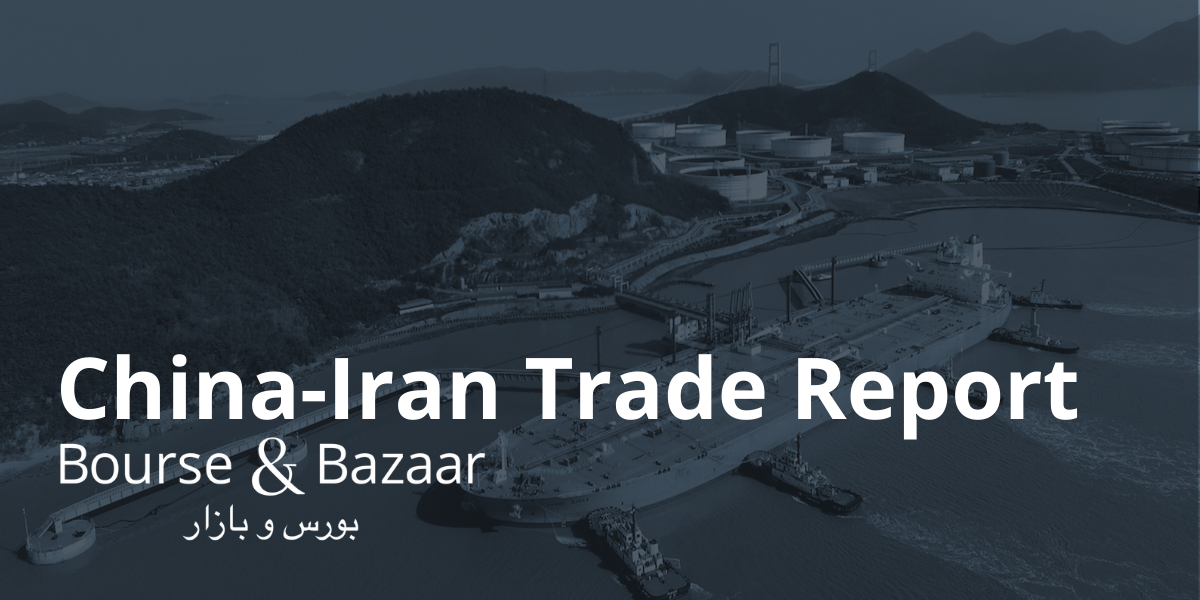China-Iran Trade Report (September 2020)
___STEADY_PAYWALL___
China’s Runs Trade Deficit With Iran in September
New data released by the General Administration of Customs of the People’s Republic of China (GACC) indicate that China ran a small trade deficit with Iran for the first time since December 2019. Chinese exports to Iran fell from a total of over USD 826 million in August to USD 666 million in September, while imports rose to their highest monthly total this year, registering at USD 709 million.
The rise in declared imports in September includes USD 225 million of oil imports, the highest total since November 2019 and a sharp uptick from the effective total of zero declared oil imports in August. The rise in China’s oil imports had been predicted in August following reports of increased tanker traffic leaving Iran. Notably, there was only a small decrease in declared oil imports from Malaysia. This suggests that rather than simply shift intermediated purchases to direct purchases, China bought significantly more Iranian oil in September.
However, China ran a trade deficit with Iran not only because of the resumed oil purchases, but also because of significant growth in non-oil imports in two key product categories. Chinese imports of plastic products (HS Chapter 39) hit just over USD 250 million, up from USD 96 million in August. Imports of iron and steel products (HS Chapter 72) also reached a new high for 2020 at USD 103 million, up from USD 86 million in the prior month. For the Iranian economy, these are encouraging results following August’s dismal import total of just USD 322 million.
With Iran’s currency continuing to show significant weakness, September’s trade results will offer some hope for the outlook of China-Iran trade, even if Chinese exports to Iran were down 20 percent on August’s total. Continue to run a trade surplus with China, would enable Iran to ease the foreign exchange challenges facing importers and create space for Chinese exports to rise in a more sustainable fashion.
Iranian foreign minister Javad Zarif traveled to China for talks with his counterpart Wang Yi in early October. It may be that both Iran and China expect stabilization in bilateral trade in the final quarter of the year.


